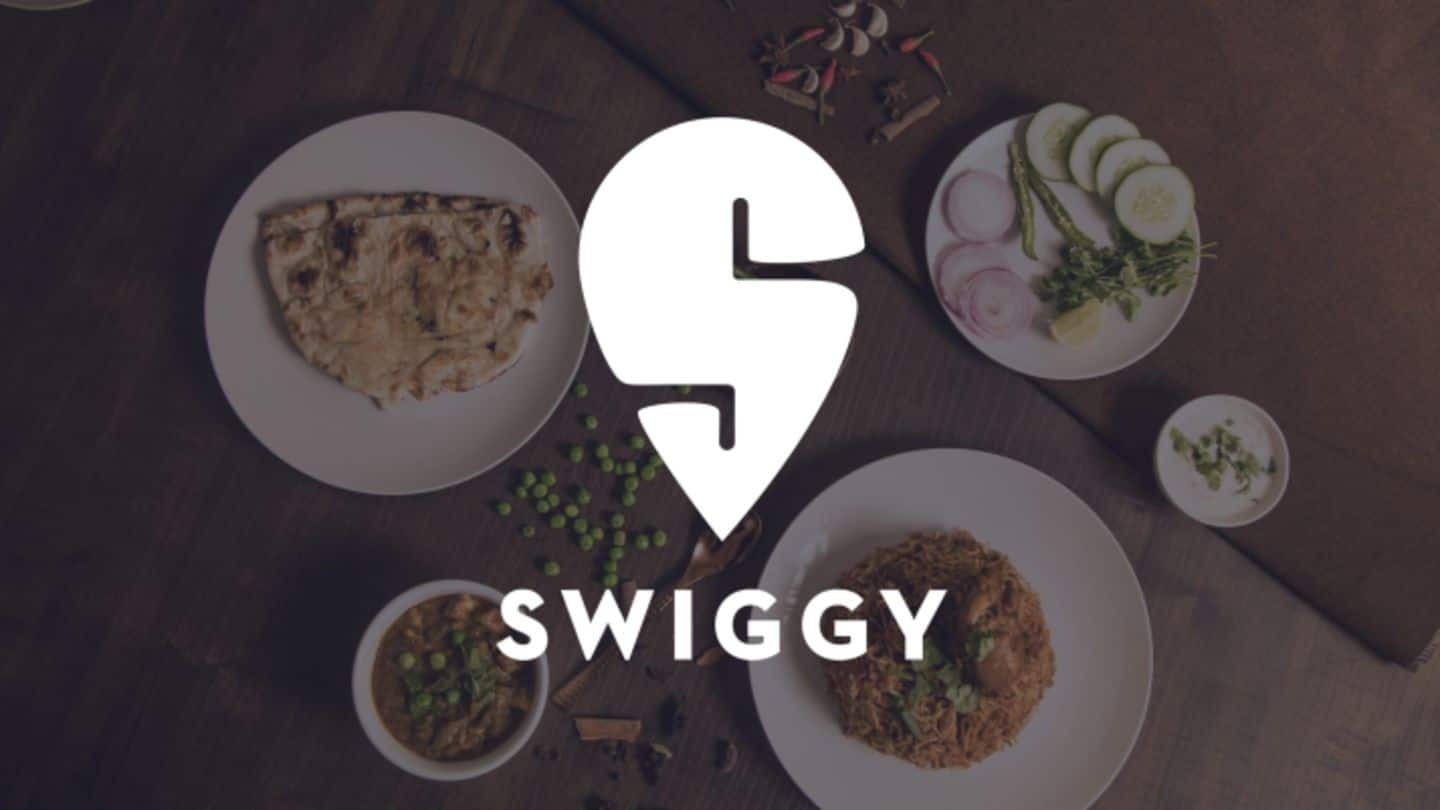
After Swiggy raises $210mn, Zomato looks to raise $400mn
What's the story
Competition in India's fast-growing food delivery market is intensifying.
A day after Swiggy announced that it had raised $210mn from existing and new investors, Zomato has announced that it's in talks to raise a fresh $400mn.
While Swiggy entered the unicorn club with yesterday's fund raise, the incoming $400mn will take Zomato's total valuation to above $2bn.
Here's more.
Swiggy funding
Swiggy entered the unicorn club twice as fast as Zomato
Yesterday's funding round which saw Swiggy raise $210mn was led by Russian billionaire Yuri Milner's DST Global, and existing Swiggy-backer, Naspers.
The round increased Swiggy's valuation to $1.3bn, thereby making it a member of the elite unicorn club.
Notably, Swiggy achieved this status in less than four years since its inception - less than half the time it took Zomato to achieve it.
Zomato funding
Zomato in talks with existing, and possibly new investors
Meanwhile, it's believed that Zomato is in talks with existing investors Ant Financial Services Group and Holdings Private Limited, a subsidiary of Chinese e-commerce giant Alibaba, and Singapore's state investment firm Temasek.
Interestingly, last month, the Economic Times reported that Japan's SoftBank was also in preliminary negotiations to invest in Zomato.
Whether SoftBank will get involved, remains to be seen.
Larger picture
India's resurgent online food delivery market has big money interested
Swiggy and Zomato's efforts to secure new funding, and the consequent interest by big investors point to a larger development - namely, the resurgence of the online food delivery market in India.
Although it seems unbelievable today in 2018, India's online food delivery market had had a bumpy start, and had struggled up until 2017.
Bumpy start
Online food delivery in India saw a bumpy start
Although the food delivery market was touted as hot property by industry experts during the start-up boom in India in 2015, the bubble burst pretty quickly.
After a blazing start, companies like Zomato began to downsize, and many smaller start-ups shut shop or got absorbed by bigger ones.
In fact, in 2016, the sector received less than $80mn, compared to $500mn in 2015.
Bouncing back
2017 saw the online food ordering sector bounce back
Then came 2017, the year which changed it all for the sector.
Indians started ordering in not just for lunch and dinner, but for all sorts of meals ranging from breakfast to snacks, and this was largely driven by bachelors, students, and even professionals' embracing of food tech.
Between March and December 2017, food ordered online outside lunch and dinner hours, almost doubled.
Looking ahead
The online food delivery sector will see unprecedented growth
After the brief period of consolidation and correction, the sector is now looking at unprecedented growth.
From a mere $0.3bn in 2015, the sector is expected to grow at 90% CAGR to hit $4bn by 2020.
This explains Uber and Ola's reported willingness to invest around $200mn each in their food business - UberEats and FoodPanda, respectively - and explains SoftBank's interest in Zomato.